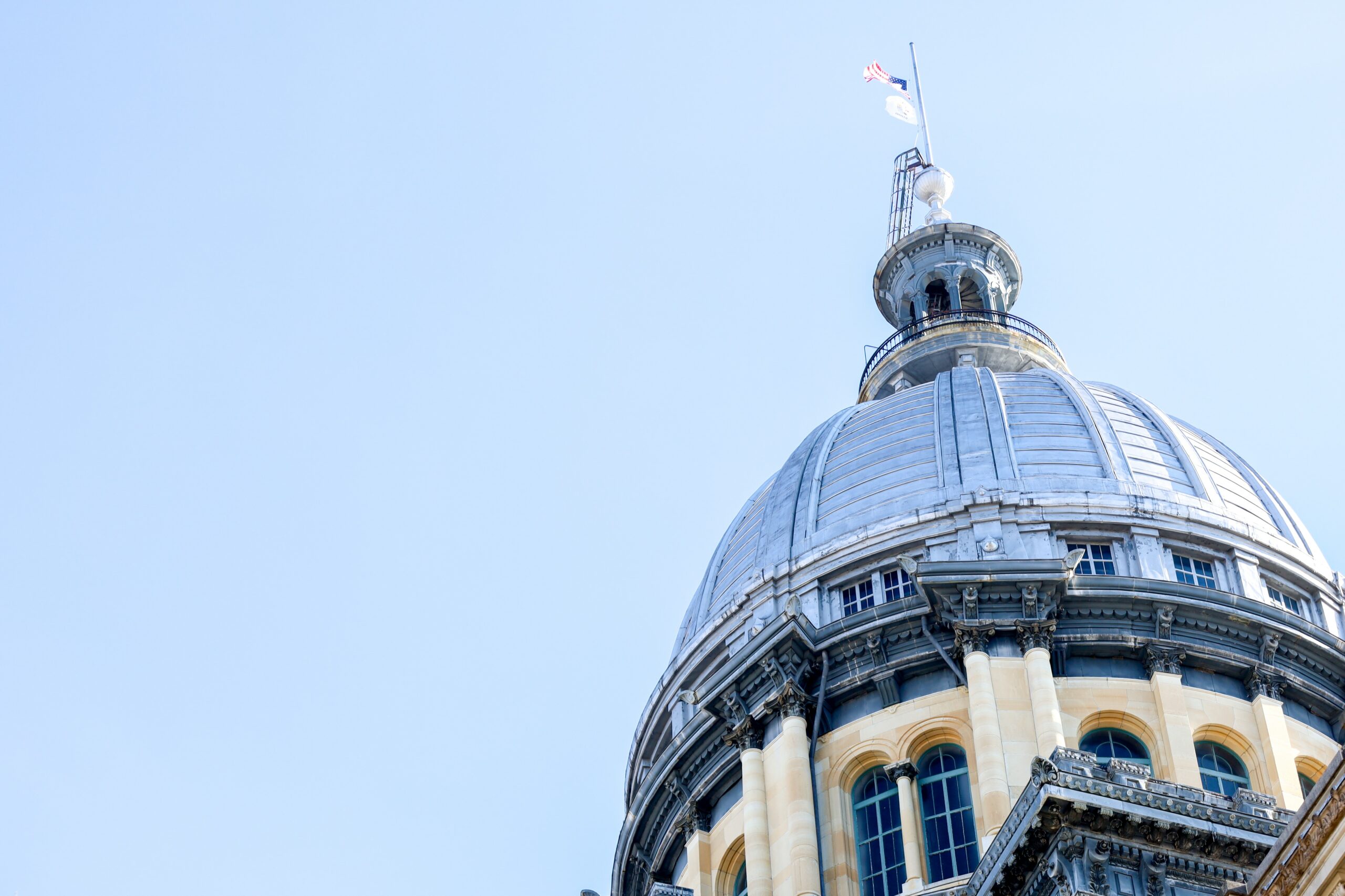Illinois Legislative News: December 16, 2024
Third Reading Consulting Group
COGFA Annual Pension Update
On Monday, the Commission of Government Forecasting and Accountability (COGFA) released their FY 2024 pension briefing. As of June 30, 2024 all five state retirement systems had actuarial (five-year smoothed) assets of $122.009B and unfunded liabilities of $144.305B for a combined funded ratio of 45.8%. Assets are up 5.74% and unfunded liabilities are up 2.06% over FY 2023. The actuarial funded ratio of the state pension system increased by 0.9% since the end of FY 2023. FY 2024 was a strong year for investment returns, helping to balance out and supersede negative returns from the COVID-impacted FY 2020 and FY 2021, which are still included in the current five-year actuarial period. Illinois is statutorily obligated to remain on track to reach 90% pension funding at the end of FY 2045. To reach the long-standing funding goal, the state will need to contribute a projected $11.264B to pensions in FY 2025 and $11.719B in FY 2026.
Welch and Harmon Provide Insight into FY 2026 Budget
In November, the Governor’s Office of Management and Budget (GOMB) released its Annual Economic and Fiscal Policy Report which included a projected budget deficit of $3.173B in FY 2026. The projected deficit has provoked concerns about how to balance the upcoming budget. Despite mounting fears, GOMB has projected a budget deficit greater than $1B every year since FY 2019 and a deficit greater than $3B every year since FY 2021. These projected deficits have not been realized in any of those years, with Illinois balancing its budget every year since FY 2019 and carrying a significant surplus in every year since FY 2021.
Even if fears of a multi-billion-dollar deficit are likely overblown, FY 2026 stands to be one of the tightest budgets in recent memory. Limited projected revenue growth paired with new funding asks and growing costs of existing programs will be a challenge for the General Assembly to navigate throughout the 2025 session. Springfield is being asked to provide additional funding to Chicago Public Schools (CPS), to help balance the City of Chicago’s budget, to close Chicago area’s $700M transit funding deficit, and to provide state support for new stadiums for the Chicago Bears and White Sox. Following a series of hearings throughout the summer and fall, the General Assembly is largely expected to pass changes to the current Chicago region transit system in the next year or two. The other new funding asks have received much less support from legislative leaders.
House Speaker Chris Welch and Senate President Don Harmon each recently spoke about the FY 2026 budget process. Harmon called GOMB’s projection “professionally pessimistic,” but still confirmed the state’s focus on increasing saving rather than spending into the FY 2026. Welch stated, “we have to tell the caucuses there’s not going to be any new spending” in FY 2026 but also remained confident that the state will balance the budget. Regarding taxpayer funding the Bears’ and White Sox’s stadium proposals, Welch echoed previous comments from Gov. J.B. Pritzker that “publicly funding a stadium makes no sense in this economy.” However, he did leave the door open for appropriating capital funds for infrastructure needs related to a new privately financed stadium. Harmon shut down questions about increased state funding to CPS comparing the situation to his mortgage: “I owe the bank a fair amount of money on my mortgage, but they’re not getting more than the monthly payment that’s due this month. Gov. Pritzker has previously shut down the idea of providing additional funding to Chicago or CPS on the grounds that they already receive funding in every state budget, as does every other municipality and school district.
Important Upcoming Dates – Statewide
January 2-7 – Tentative Lame Duck Session
January 8 – Inauguration of the 104th General Assembly
January 24 – LRB Request Deadline
February 7 – Bill Introduction Deadline
February 19 – Governor’s State of the State and Budget Address
March 21 – Initial Chamber Committee Deadline
April 11 – Initial Chamber Third Reading Deadline
May 9 – Opposite Chamber Committee Deadline
May 23 – Opposite Chamber Third Reading Deadline
May 31 – Adjournment

